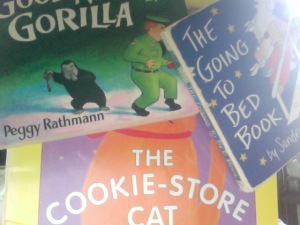Angel Guardian, keep and preserve all of us from every evil, sickness, and grief.
I was in my early thirties before I read this prayer. I never prayed to an angel guardian when I was a child – it wasn’t common practice in Baptist and Congregational traditions back then. I never prayed to a saint, either; no prayers to Mary, Anthony, Jude, Francis, or any of the others. Back then, I prayed to God or Jesus. Or so I thought, until I recited one of my favorite prayers:
Now I lay me down to sleep, I pray the Lord my soul to keep,
Angels guard me through the night, and wake me in the morning light.
How could I have missed the angel in this prayer?
Except for the Lord’s Prayer, I always prayed as a single person – I and me, no We or us. Plurals were used in worship services and for table prayers when there were others present, but not at bedtime. I was in my late twenties when I found out why plurals are used outside gatherings: no one prays alone because every single person belongs to the unbroken chain of prayer that began when the world was born and will continue until all worlds come to an end. It’s a theological understanding common to Eastern Orthodox traditions that never quite made it into my childhood Sunday school classes.
Angels guarding those who sleep, every living thing standing in the unbroken chain of prayer as company – what profound comfort can come from these simple truths.
Good night. Sleep tight. See you in the morning light.
Angel Guardian, keep and preserve all of us from every evil, sickness, and grief.
Help us, O Lord, to be good, obedient, and kind.
I thank thee, O Lord, for all good things thou has sent to me during the past day. Let me spend this night in peace, and protect me from all harm. Amen.
[From A Manual of Eastern Orthodox Prayers, Crestwood, New York: Saint Vladimir’s Seminary Press, 1991, p. 16. For more on this series, click child’s nighttime prayer above.]


